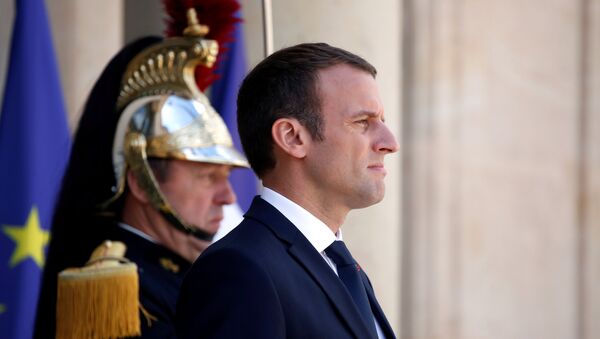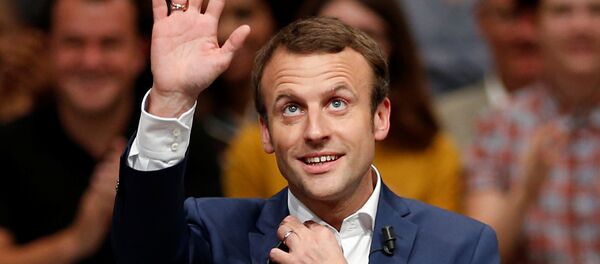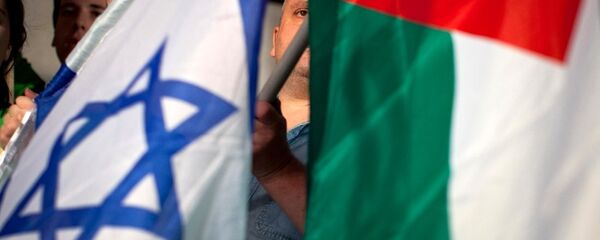The 200-page report, published Thursday, analyzes the relationship that now exists between France and the countries of the Middle and Near East, it outlines four priorities for France so that it can reintegrate into the region.
The Future of France Lies in the Maghreb
The authors insist that France should stay focused on the Maghreb, which is part of its national policy, realize its close ties with the Arab World and work out a new strategy hinged on realism and stability.
“The report analyzes France’s relations with Lebanon, Algeria, etc., but in today’s world France can no longer go it alone. Our inability to help Lebanon deal with the 1 million migrants arriving there is a graphic example of this,” Olivier Hanne argued.
“The authors underscore France’s special relationship with the Maghreb countries and the need to restore cultural and diplomatic ties with them. The problem is, however, that it takes two to tango. While relations with Morocco are good, we have problems with Tunisia, and Algerian simply refuses to talk with France,” Hanne added.
Israel
“France’s relations with Israel have hit a snag. It is as if the French living in Israel turned their backs on France, at least economically. The number of French Jews moving to Israel has been going up in the past decade despite a minor drop in 2016,” the report states.
Lebanon
The report mentions the big role the French language plays in relations with the regional countries, above all Lebanon.
“The money Paris spends on promoting the French language through a ramified network of schools and other institutions guarantees the strong bonds that bring us together and that will keep growing to form the basis of our shared future,” the report says.
In an interview with Sputnik, Olivier Hanne said that Lebanon is a francophone country and as such it no longer needs France to promote the knowledge of French in the country.
“France too has drifted away from Lebanon and even though it could still play a role there, it can no longer do this alone,” Olivier Hanne said.
France’s Role as an EU member in the Middle East
The report says that the close trade ties with the countries of the Maghreb and the economic, linguistic and cultural affinity with the region could eventually put France at the forefront of the EU’s efforts to draw up, together with the Maghreb countries, the so-called “hinterland strategy,”, just like Germany did in Eastern Europe.
“Unfortunately, these plans were thwarted by Germany. We are still able to generate good ideas, but we don’t have the status of a European leader. The Germans could recognize the legality of the September referendum on Iraqi Kurdistan. The German policy in the Middle East is simply counterproductive,” Hanne complained.
The report offers a French idea of ending the crisis in Syria.
“The French strategy is two-pronged: first, to destroy Daesh and other terrorist groups and, second, to seek a way out of the conflict that would rule out the re-emergence of other ‘Jihadistans’ in Syria and would turn back or at least stem the tide of refugees heading for Europe.”






